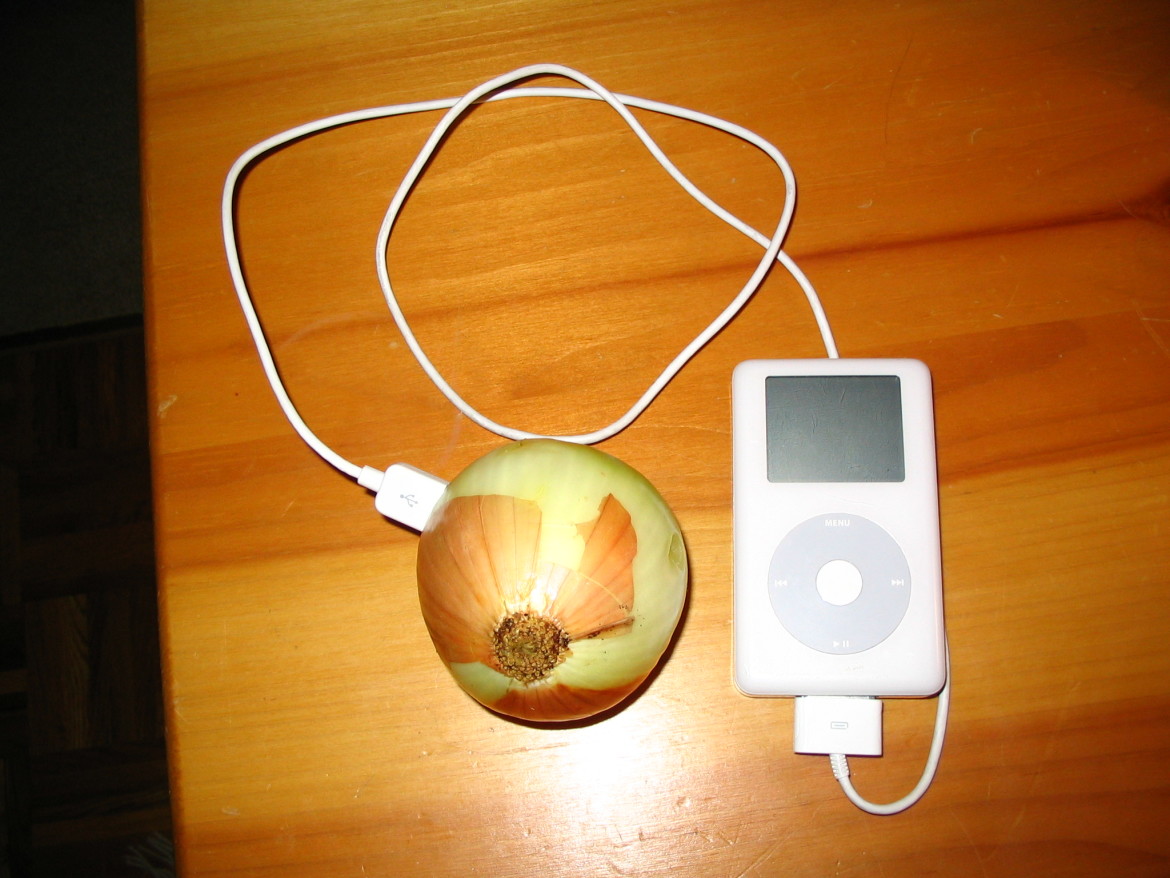10 – Doritos Ebola,
- Those turkeys from 4chan are at it again! Capitalising on Ebola hysteria and general human stupidity, users from the popular website created mass panic by spreading rumours about a supposed Ebola outbreak at a Doritos chips factory.
- Though there was absolutely no basis to any of the claims, the story went viral on Twitter, thanks to a few doctored CNN reports.
9 – Kidney Thieves in New Orleans,
- In the lead-up to the 1997 Mardi Gras festivities, rumours spread of a ring of local organ thieves that were reportedly planning a large-scale operation. Their objective? Steal the kidneys of tourists and drunken revellers.
- The organ harvesting legend had been spread before, but this particular chain of emails and faxes (hey, it was the Nineties!) became so popular that the New Orleans police were forced to issue a statement. They refuted the rumour, fearing the city would lose revenue because scared travellers were cancelling their Mardi Gras plans.
8 – lonelygirl15,
- This one’s admittedly pretty cool: in 2006, an average teenage girl named Bree started video-blogging about her life under the username ‘lonelygirl15’. People tuned in to listen to her average teenage problems until the updates took an unexpectedly sinister turn. All of a sudden details emerged about the bizarre cult her family was involved in. It turned out the whole thing was a scripted video series, sort of like the found footage horror phenomenon.
- It successfully fooled a lot of people, though. Bree, who turned out to be fictional, even had a MySpace page, which she’d use to interact with fans.
7 – France’s Post-6 p.m. Work Ban,
- Working hard or hardly working? In 2014, The Guardian posted a factually inaccurate article suggesting that the French government had made it illegal for its citizens to work or take work-related emails after 6 p.m.
- The ‘law’ The Guardian refers to is actually just an agreement that affects only a minority of French workers in very specific industries. The 6 p.m. part of this pseudo curfew seems to have been plucked from thin air, as there is no mention of any specific time in the agreement.
- This shows the effect a misreporting from a reputable media source can have.
6 – iFallacies,
- Over the years, Apple mania has grown and grown. Unfortunately, our culture seems to grow paradoxically stupider as technology advances. To illustrate this, some internet pranksters created a string of hoax memes and videos about the most popular Apple products.
- One video used pseudo science to demonstrate how you could charge your iPod with nothing but an onion and a glass of Gatorade. Sadly, thousands tried it! I’m shaking my head, but at least a few onion farmers enjoyed a spike in sales.
- Another hoax ad tricked iPhone users into believing the iOS 7 update had the power to make their handsets waterproof. Worse still, a recent hoax had iPhone 6 users trying to wirelessly charge their device with their microwaves. Don’t. Do. This.







Hurrah! In the end I got a blog from where I be capable of actually obtain valuable facts concerning my study and knowledge.
Lmao XD wtf is this shit about weird stuff?
Howdy just wanted to give you a quick heads up and let you know a
few of the images aren’t loading properly. I’m not
sure why but I think its a linking issue. I’ve tried it in two different web browsers and both show the same results.
Hiya very nice website!! Guy .. Beautiful .. Wonderful .. I will bookmark your site and take
the feeds also? I am happy to seek out numerous helpful info here within the submit, we want develop extra
techniques in this regard, thank you for sharing.
. . . . .